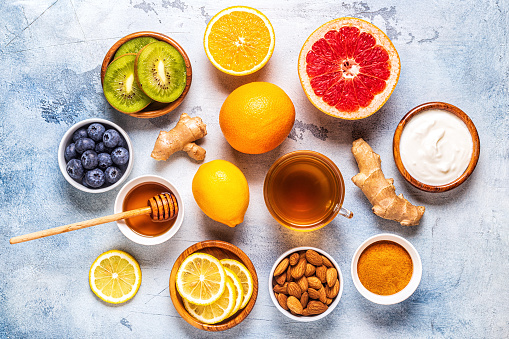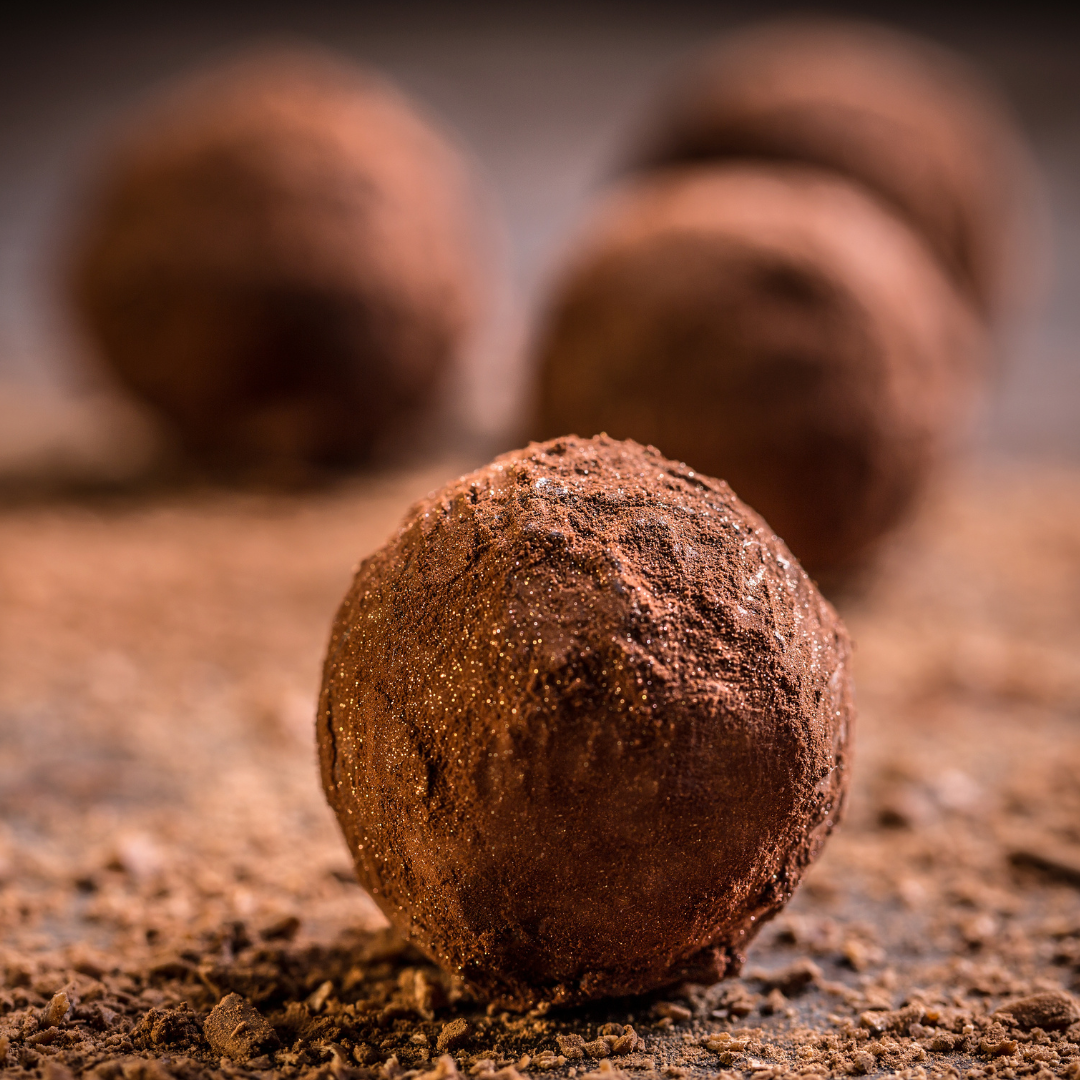Now that the weather is getting colder and the days are getting shorter it is easy to fall into the winter blues. And although there may be less sun there are plenty of other all natural ways to boost your mood whatever the weather!
From eating high mood foods to getting outdoors and light therapy, here are our tried and tested natural hacks to bring back that summery spring in your step all year round.
At Ossa, we believe in the healing properties of natural food and that food can be a powerful medicine to help restore and rejuvenate the mind and body.
90% of Serotonin is made in the gut (1) and 70% of our Immune System is found in the GI tract (2)! Making Gut Health of paramount importance to not just our mood but also our overall wellbeing, this brings us to our first hack:
1. Boost your mood by eating for a healthy gut:
- Bone broth : is naturally high in collagen protein which acts as a 'glue' for our connective tissue and is beneficial for cellular repair. For gut and digestive health, collagen can help us absorb nutrients more effectively and reduce inflammation helping to balance our mood and energy levels.
- Fermented foods: The lactic acid produced during digestion of fermented foods, boosts the development of healthy bacteria in the intestine. The presence of such healthy bacteria then makes it possible to absorb all the nutrients in the foods which you consume, why not try drinking some raw apple cider vinegar and adding kimchi to your meals.
-
Avoid the bad stuff: As well as putting the good stuff in like all natural and organic food, it is important to keep the bad stuff out. It is crucial to try to keep the following culprits or limit them where you can: Processed food, Gluten, Refined sugar, Alcohol, Caffeine and Antibiotics
Read more here on gut healthy diet tips
2. Light therapy
One of the causes for dips in mood and energy during winter is due to the changes in day light which upsets our circadian rhythm and can create a biochemical imbalance in the brain. Just like plants need the sun and water, humans also need some sunshine which can be particularly difficulty when the seasons change.
It is common for dull weather and short daylight hours to dampen your mood. Seasonal Affective Disorder (or SAD) is when this weather impacts your mental health to the point you are depressed.
Roughly 12% of the population in Northern Europe suffer from SAD, common symptoms include oversleeping, extreme fatigue, increased appetite with carbohydrate craving, overeating, and weight gain.
Treatment for SAD (if you can't escape to a warmer and brighter climate) is light therapy. Exposing yourself to bright light every day by using a light box or a similar bright light therapy device helps for many people. For most, sitting in front of a light box for between 15 and 45 minutes a day can help to alleviate the symptoms. At the Ossa Office from October we use Lumie lamps.

3. Vitamin D and Supplements:
One of the most common and effective supplements taken for SAD is vitamin D (3), AKA the "sunshine vitamin". Vitamin D is created in the body naturally when exposed to sunlight and in winter our exposure is reduced significantly often leading to deficiencies in Vitamin D. Not many foods contain Vitamin D as it is mainly sourced by sunlight, however fatty fish like salmon, trout, tuna and mackerel as well as mushrooms are great to supplement in your diet.
4. Nature and Movement
While the weather may not be warm and rain can also dampen our motivation for outdoor activity, exercise still remains one of the main contributors to achieving optimal health and boosting serotonin. While indoor exercise can be difficult, try going for a walk for at least 30 minutes a day. Even if it is rugged up with an umbrella and you don't break a sweat the benefits of fresh air and movement will do wonders for your headspace. While the beach, ocean and sun may be our idea of the perfect getaway, nature doesn't turn off in winter and there is beauty to be found in forests and parks whatever the temperature, sometimes it is just harder to find and you need a few extra layers!

https://www.caltech.edu/about/news/microbes-help-produce-serotonin-gut-
https://www.ncbi.nlm.nih.gov/pmc/articles/PMC2908269/
https://www.ncbi.nlm.nih.gov/pmc/articles/PMC2077351/






